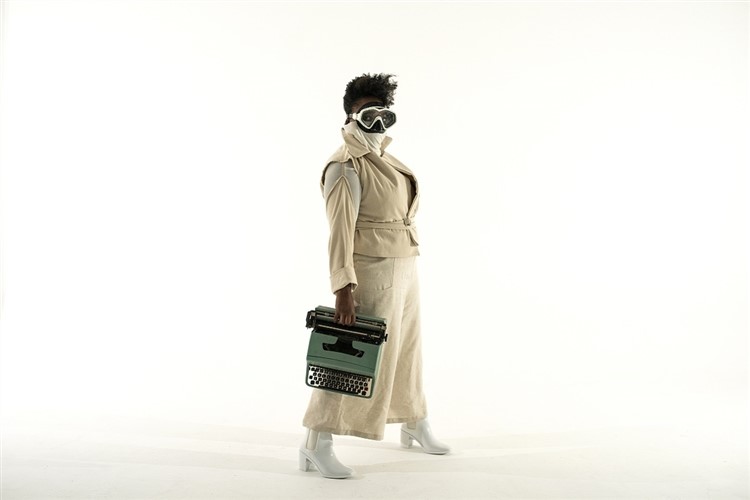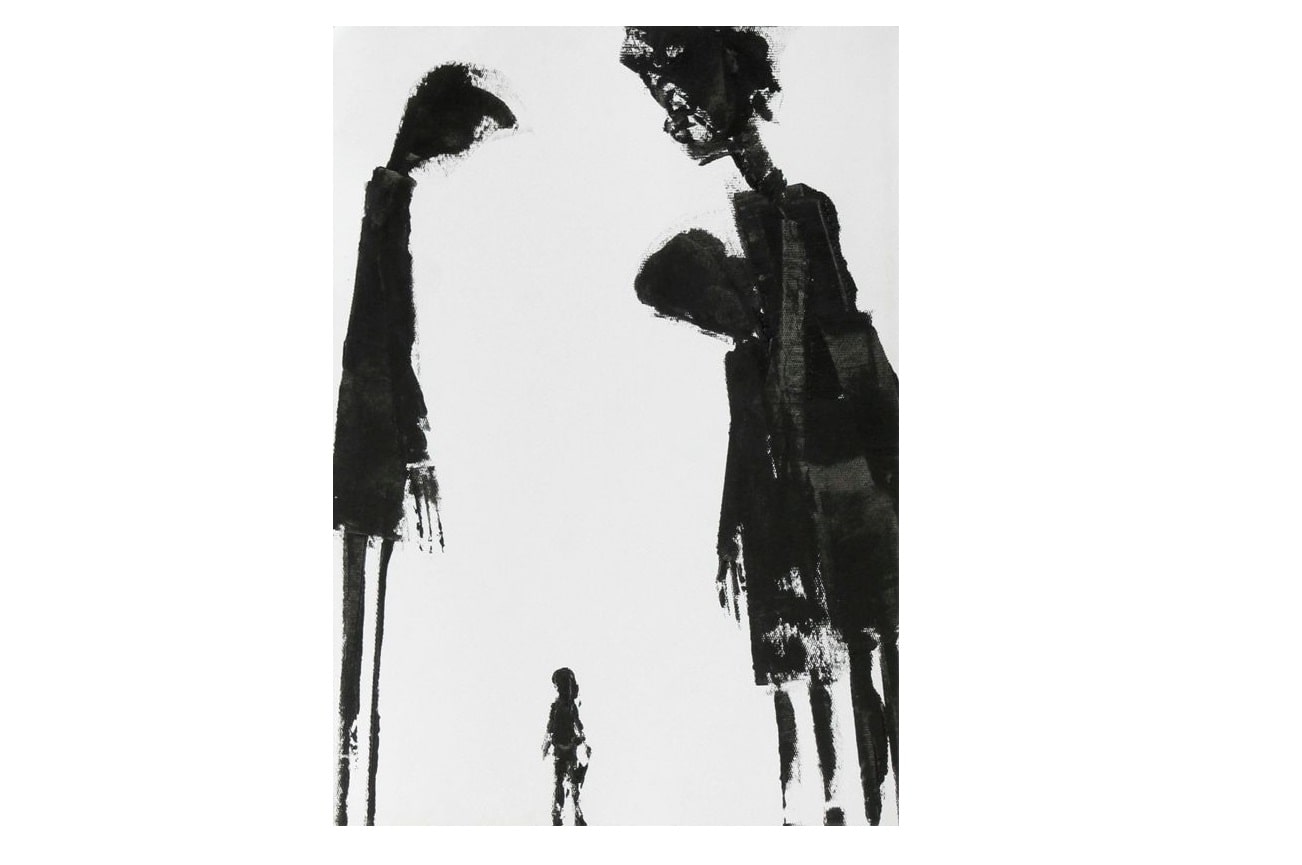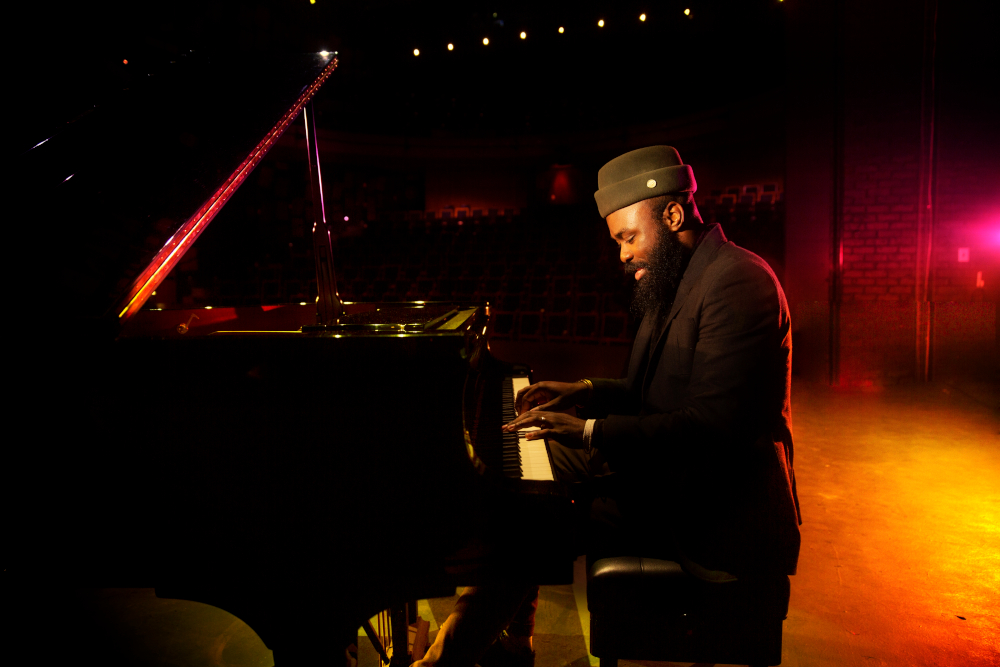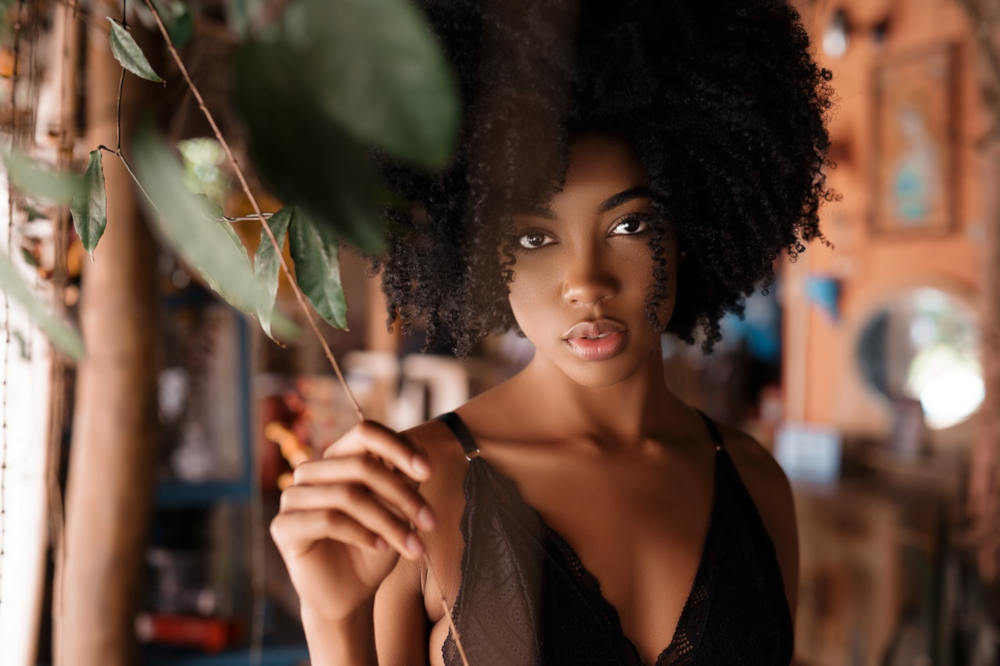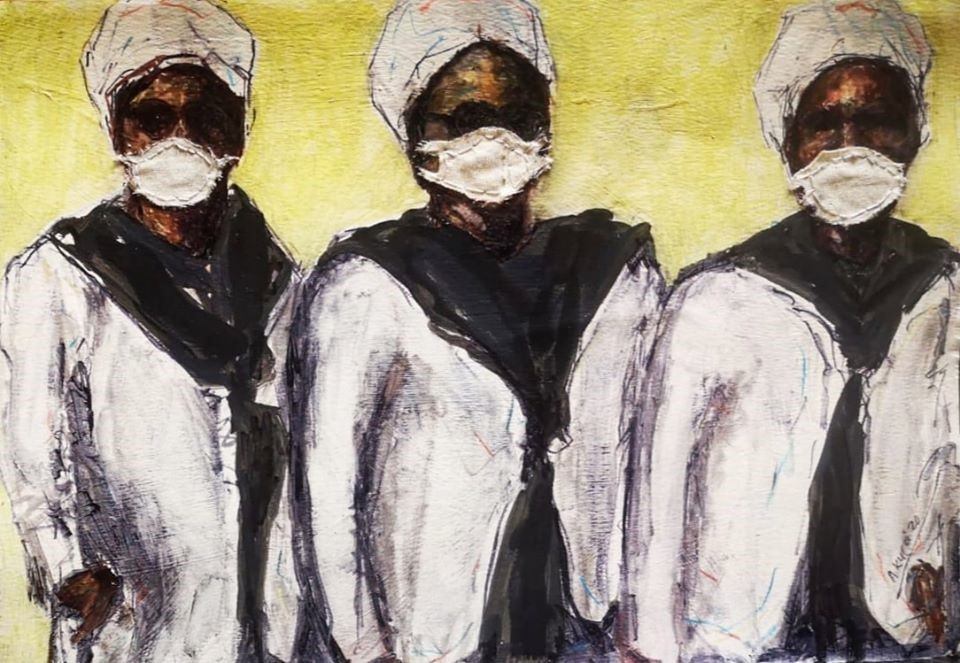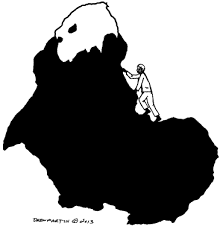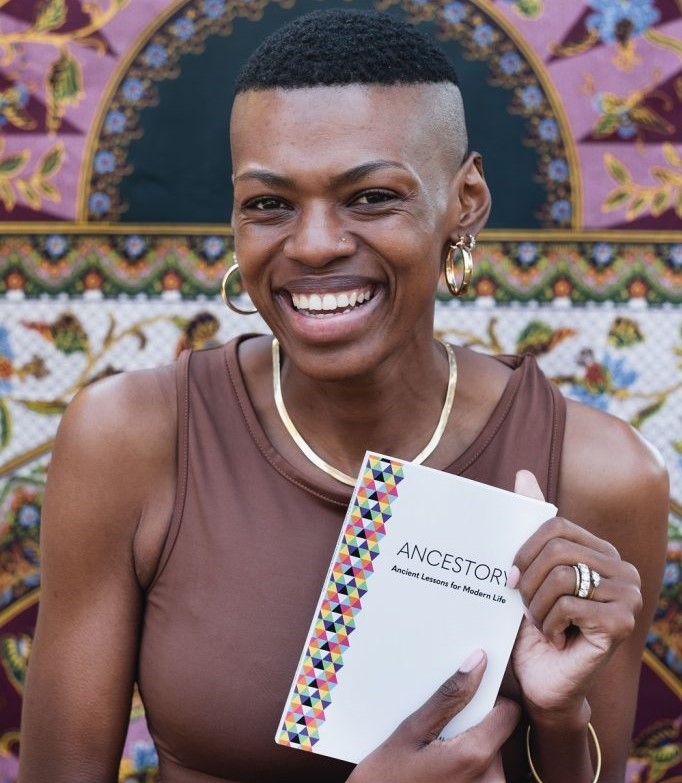On the 17th anniversary of Brenda Fassie’s passing, Johannesburg gets to experience the theatre adaptation of Koleka Putuma’s Hullo Bu-Bye Koko Come in. The staging follows Putuma’s sophomore collection of poetry, named in reference to a lyric from Brenda Fassie’s iStraight Lendaba, wherein Putuma reacts to success and reflects on her position as a Black artist in White institutions, asking: 'Why are you always hijacking our narratives with your gaze?”
*insert your favourite big booty-ed, long-haired, small nose-d somebody here. You know them*
Blackness that still isn’t acceptable, however, is blackness that is divergent. Alternative to being hyper-sexualised, it does not fit the very one-sided view that we are fed by the media; and this shows the world’s failure when it comes to having more than one seat available at the table, for black women. So, while unacceptable, this hypersexualised beauty is still very much consumable and fetishised much like all other marginalised/othered things. In their poetry collection, Putuma quotes Brenda saying,
“People always look at me but I’m never looked into. People don’t look inside me, they don’t look into Brenda and try and understand the person in her. They always look at me, like the camera. The camera, you always look at it but now you are looking into it and it does things, it shows you something, right?”
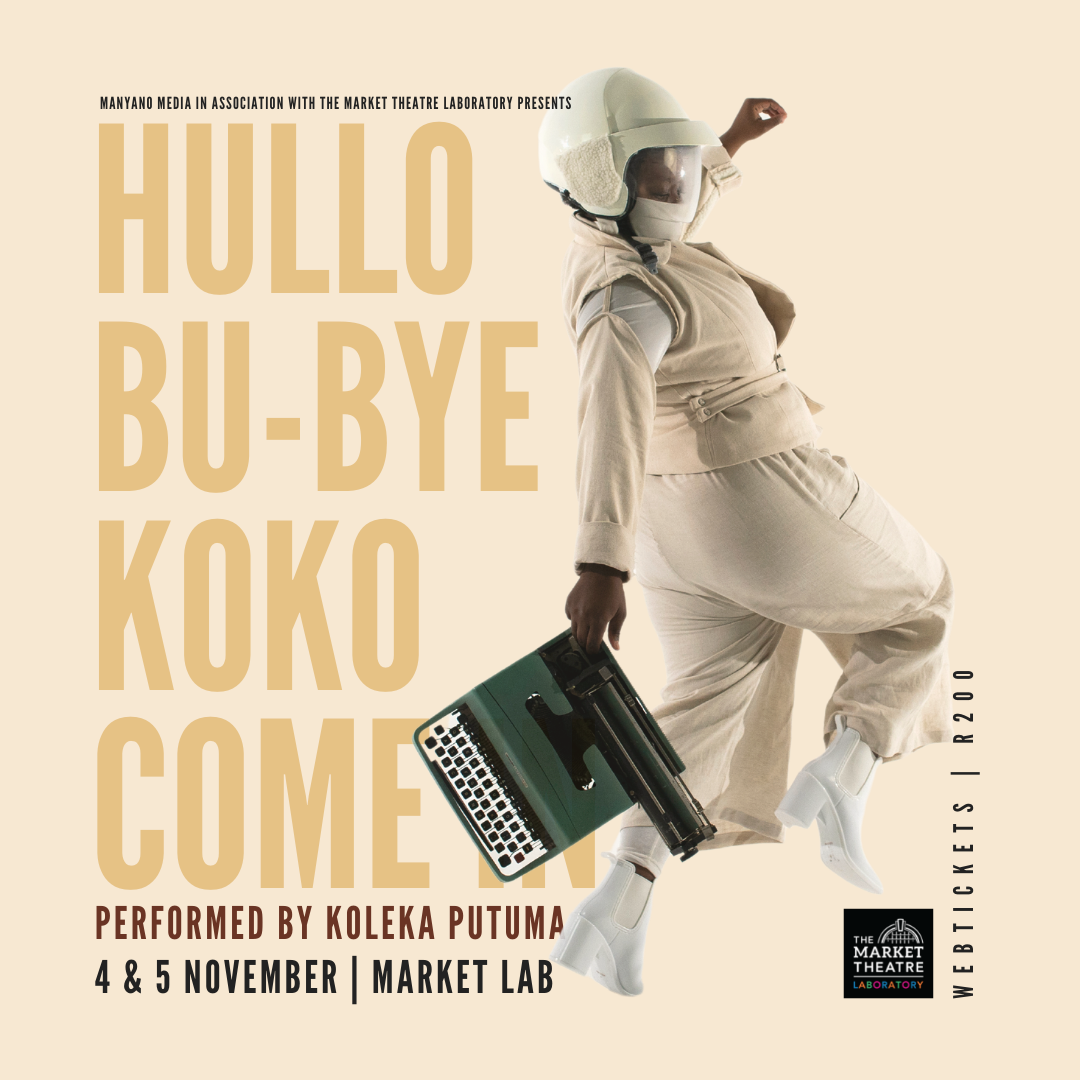
Almost two decades later we can see more examples of the manifestation of this reality for black women artists. Looking at the landscape of the South African music scene as it pertains to women, we can see how the exterior is made to be palatable for mass (read: Western) consumption, and palatability is not an authentic experience but a tried and tested method. It is: “Have this skin tone, put on this wig, deliver your artistry in this very specific manner and if you dare go against that, you become a novelty item, the exception and not the rule and must face the ridicule that comes with that. If you go against it, you are now an outcast and good luck to you”. I must clearly state that women can do whatever they want with their bodies, their hair, their appearance, full-stop. Something we cannot ignore is the fact that there is much more pressure for women artists to look a certain way. This must be pleasing to the male gaze not because the target of the music is men, but because the people holding the keys to the gates of success are men.
When you do choose to explore being your authentic self in the public eye the burden is placed on you to be the most dramatic and “other” version of authentic or what you do is not seen as valid. One cannot thwasa one day and then make rap music the next, there is no grace and no room for multifaceted nature. You must ask the world for permission to be your fullest self, to stop putting chemicals in your hair, to quit your long-standing drug habit, to not wear make-up. Without permission, there is no acceptance.
*Here, imagine a Gogo from Durban balancing a glass of champagne on her forehead during a set. *
With all that we are capable of, all that we have proved to ourselves and the world when it comes to creativity, how do we break free from the monolithic ideas of beauty and acceptability that the global society projects onto us? How do we give ourselves room to begin our process of authentic being?
This quote is out of context but I do think it applies here too;
“I dare you in a world that entices us to browse through the lives of others to help us better determine how we feel about ourselves, and to in turn fill the need to be constantly visible… For visibility these days seems to equate to success. Do not be afraid to disappear from it, from us for a while, and see what comes to you in the silence.” Michaela Cole, Emmy award winner Best Writer for a Limited Series
We dare ourselves every day to create more room for ourselves and that may mean shunning other things and it definitely means creating boundaries on how we allow the world to consume our being and shift our focus inwards so that we can reference not only things of the past but the current evolution we are creating by centering this “African beauty” that everyone seems to be in awe of lately.
“For [black] [queer] women [artists] who have considered erasure when the gaze is enuf.” Koleka Putuma, Hullo Bu-Bye Koko Come In.
“I am not the sort of person to carry flowers and be a beautiful ornament to everyone.” Winnie Madikizela Mandela
By Siphumelele Chagwe Your uncle Garry (they/them)

